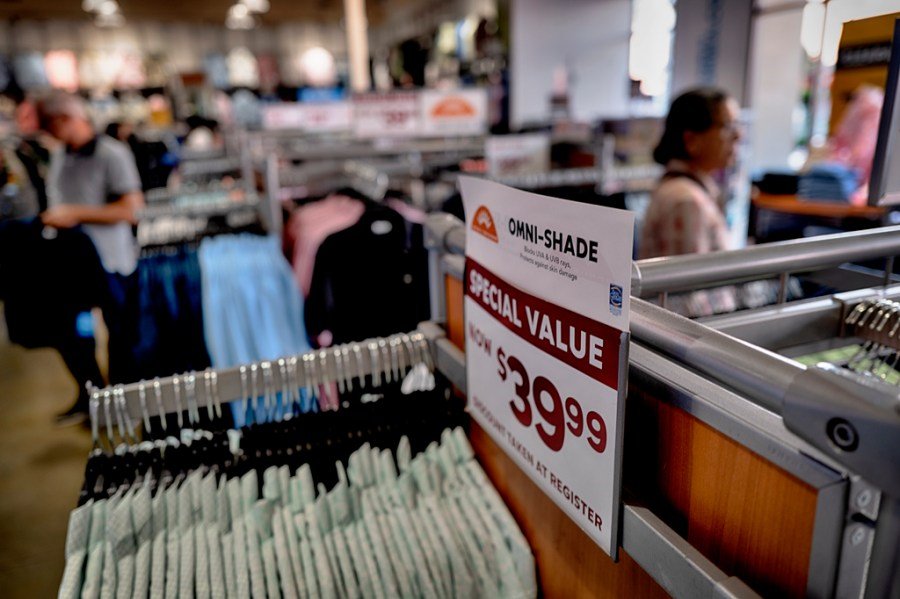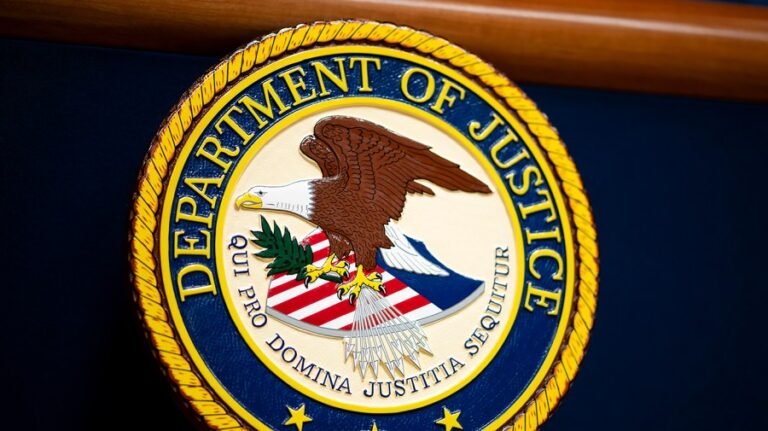
For decades, Republicans have been on an unending quest to cut taxes. And Democrats, who are congenital tax-increasers, gave them a lot of grief for it.
Now a Republican president is single-handedly imposing one of the largest tax increases ever. And when Republicans are asked about it, most of them squirm a little and try to assure us everything will be okay.
No, it won’t be okay.
One of the country’s most effective tax-cut advocates used to claim that cutting taxes was central to the “Republican brand.” He would point out how far companies often go to protect their brand and cited Coca-Cola as one example. Whenever a consumer buys a Coke, he knows what’s he’s getting. If the company allowed the taste or quality to vary, people would no longer trust the brand.
Similarly, if Republicans were to start raising taxes, that would destroy their brand. Voters could no longer trust that a vote for a Republican was a vote for lower taxes.
Now comes President Trump, who has single-handedly, through executive order and without any new vote in Congress, imposed what is being called by the Tax Foundation the largest tax increase since 1982 — $1,900 per U.S. household in 2025. The foundation says most of the six larger past increases were passed during or shortly after World War II.
So, the question is, what does this huge tax increase do to the Republican brand?
Tariffs are taxes. Trump’s massive new tariffs are, therefore, a tax increase. And contrary to Trump’s frequent claim that other countries pay the tariffs he imposes, American businesses and individuals pay the tariffs.
The Tax Foundation estimates the tariffs will cost U.S. taxpayers $258.4 billion this year alone and $2.9 trillion over a decade.
But there are other estimates. Capitol Economics claims the tariffs will cost around $700 billion a year. And Trump advisor Peter Navarro estimates the tariffs (excluding car tariffs) will bring in about $6 trillion over 10 years, or an average of $600 billion a year. He says the tariffs on cars will add another $100 billion a year.
That’s $7 trillion out of U.S. taxpayers’ pockets. If the high-end estimates are correct, Trump’s tariffs would represent the largest tax increase in U.S history.
What is most surprising about Navarro’s claim is that most tax increasers try to downplay the affect that tax-hikes have on Americans. Navarro, in contrast, appears almost giddy about the increase.
Are Trump’s economic advisors, many of whom have long supported free trade and opposed tariffs, resigning in disgust? No, at least not yet. It must be awkward defending what they’ve long argued was indefensible.
Of course, the situation could change quickly if Trump changes his mind. Variables include whether or how strongly other countries respond with retaliatory tariffs (as China has already done) and whether Trump raises tariffs again on the retaliators as he has said he will do. By the same token, he could negotiate lower rates with various countries.
Then again, a tanking stock market, rising prices (that is, inflation), and a greater decline in favorability polls may push Trump to find some way to claim victory and scale back his tariffs sooner rather than later.
Most Republicans are trying to shift the narrative to their efforts to extend the 2017 tax cuts. But that’s not a tax cut — it’s just an extension of the status quo. That package could include a few new tax cuts, like elimination of taxes on tips or Social Security benefits. But any new cuts would pale in comparison to the tax increases Trump is imposing with tariffs. And in an editorial titled “Republicans for Raising Taxes,” the Wall Street Journal recently reported, “some Republicans are now floating the idea of raising corporate and individual income tax rates.”
Democrats are all over this, correctly pointing out that rising food prices because of Trump’s tariffs will hit low- and middle-income people hardest.
Though the tariffs are being imposed by Trump alone, voters will blame Republicans if Trump’s experiment in remaking the global economy fails, even though Republicans in Congress never voted to approve the tariffs — which is yet another problem.
And Democratic presidential candidates will campaign on reversing Trump’s tariffs-by-executive-order if the voters will only elect them in 2028.
A handful of Republican senators have pushed back against Trump’s tariffs. And more may in the future if the tariffs and Trump become more unpopular.
Then again, the U.S. Supreme Court may put a stop to Trump’s sweeping tariffs under the “major questions doctrine,” which says that administrative agencies (and perhaps the administration itself) must have clear congressional approval before taking steps of major national significance.
If Trump and Republicans won’t save the Republican brand, maybe the Supreme Court will.
Merrill Matthews is a public policy and political analyst and the co-author of “On the Edge: America Faces the Entitlements Cliff.”


